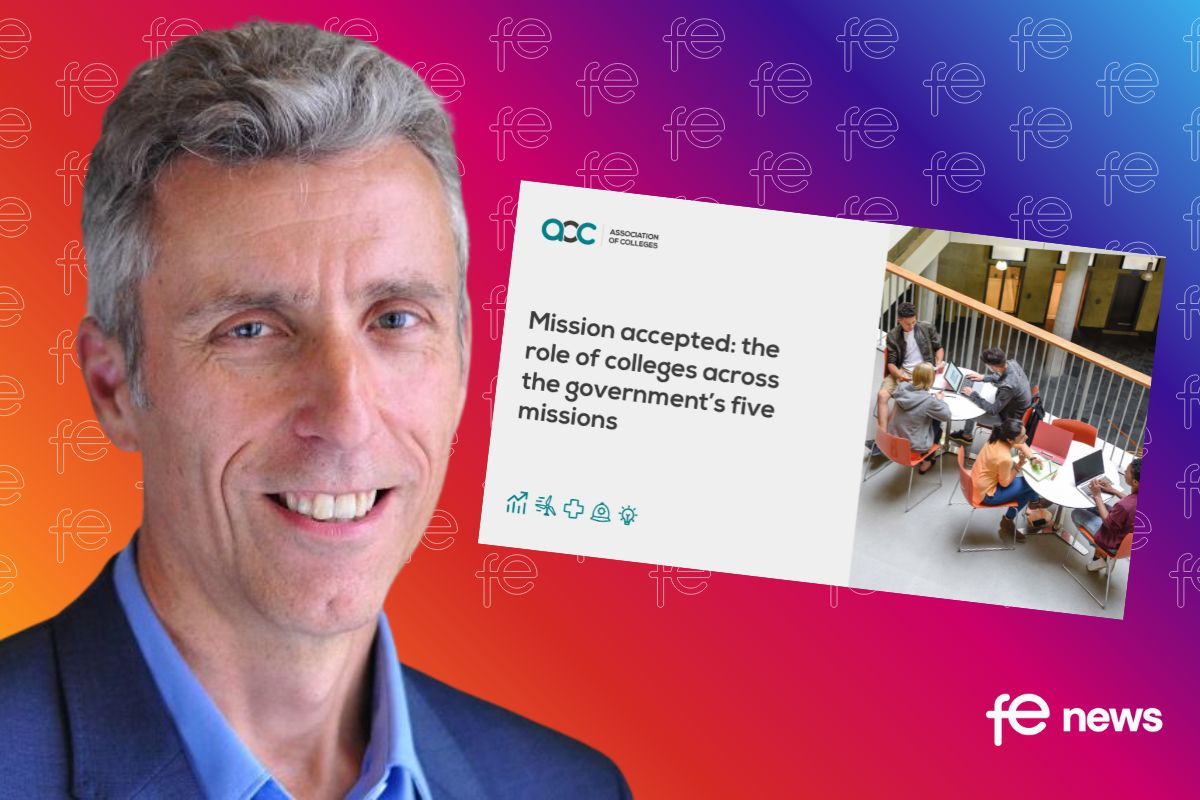Tackling the Mental Health Crisis through Adult Learning

Meeting the Mental Health Needs of Adult Learners
The WEA is a national adult education charity committed to removing barriers to learning so that individuals can improve their own life chances and have a positive impact within their communities. Students sign up to WEA courses for a wide variety of reasons, including for some as a means of alleviating symptoms of mental ill-health.
As a provider we have a duty of care and we work to have proper safeguards in place for all our students. We work to make sure that having a mental health condition does not become a barrier to full participation. At the same time, we are realistic about our place in the wider picture of a student’s life.
A student may see their WEA course as very important to them but we must never assume that we are the front line of their approach to managing their condition. This is why it is important that learning providers work in partnership with mental health charities and health professionals so that the wider needs of the adult learner can be met.
Adult Learning as a Solution to the Mental Health Crisis
We should also recognise – and be recognised for – the positive health benefits of adult learning but we must not oversell them.
The evidence base for the positive benefits of adult learning is strong, but there is always scope for more. The Department for Education’s Community Learning Mental Health Research Findings (DfE, 2018) contains some of the best evidence for the ways in which adult learning can bring improvements. They also show how difficult it is to pin down precisely how adult learning makes its impact or where other factors outside the learning environment are the decisive element. This is why collecting data and testimony from our students is so vital.
The WEA has just published its Annual Impact Report. Nearly three quarters of WEA adult students reporting they had a mental health problem claimed participating in adult learning had helped them manage their condition.
Perhaps the most compelling statistic in the WEA Impact Report is that our students visit their GP far less frequently than the national average. We believe, therefore, that there is scope to develop preventative interventions based around learning programmes.
Nonetheless, we need to place the overall findings in context. They are self-reported and they describe broad terms – such as stress – which are not the same as specific definitions of mental health conditions. And so, they tell a powerful story of how a large number of adult students find learning makes them feel better and helps them take control of their lives
– which is something we should celebrate and promote. We will require more evidence to make the strongest possible case to convince Whitehall that adult learning is a key part of tackling the nation’s growing mental health challenges.
General Findings
94% of WEA students said their course helped to keep their minds active 38% of students reported that the courses helped them to reduce stress 32% claimed that WEA courses helped with their mental health issues
Adult Students Reporting Mental Health Issues
74% claimed the courses helped them with their condition 60% managed stress better
61% of students with learning disabilities felt the course helped them with their mental health issues
52% of students with physical health conditions managed stress better
Survey of 5,000 WEA Students – Impact Report, WEA, January 2021
Wider Outcomes than Jobs for Adult Learning
The new Skills White Paper speaks of developing a post-18 funding framework based on employment outcomes. We believe the health and wellbeing outcomes that adult and community learning can bring should be included alongside employment outcomes. Adult and community learning providers have decades of experience and evidence to support the use of a broader definition of outcomes.
Adult Learning as Part of Recovering Our Nation’s Health
The pandemic has affected the nation’s physical and mental health in ways which will take years to be fully revealed and resolved. We will need all the most effective approaches to improving health we can muster and surely adult education must be a part of that.
Recommendations
WEA proposes three recommendations to tackle the mental health and covid-19 crisis through adult learning.
Recommendation 1
We encourage GPs and the network of Social Prescribing Link Workers to partner with adult and community learning providers to pilot and evaluate referral programmes starting in a few areas of the country.
Recommendation 2
To assist the growing network of Link Workers, we would also like to see a national directory of social prescribing options – including adult education courses – to make it easier to refer patients to local services which meet their needs.
Recommendation 3
Most crucially, adult learning should be positioned by the government and Whitehall as an integral part of our nation’s mental and physical health recovery after the Covid-19 pandemic.
By Simon Parkinson, WEA
Understanding and Overcoming a Mental Health Crisis in 2021 |
|
This article is from the new publication ‘Understanding and Overcoming a Mental Health Crisis in 2021: issues for post-16 education, employment, the world of work and retirement’. Some of the issues and concerns for mental health discussed existed prior to the pandemic, but Covid-19 has caused additional pressures on young people and adults. The authors make specific recommendations to support apprentices and students at colleges, university and in adult learning, as well as people in and out of work. The important role of education, lifelong learning and good work in promoting mental wellbeing and reducing mental health problems is also addressed. Published by the Campaign for Learning, it brings together sixteen specialists from mental health and post-16 education and employment to set out what needs to be done to prevent or limit a mental health crisis in 2021. |
|











Responses